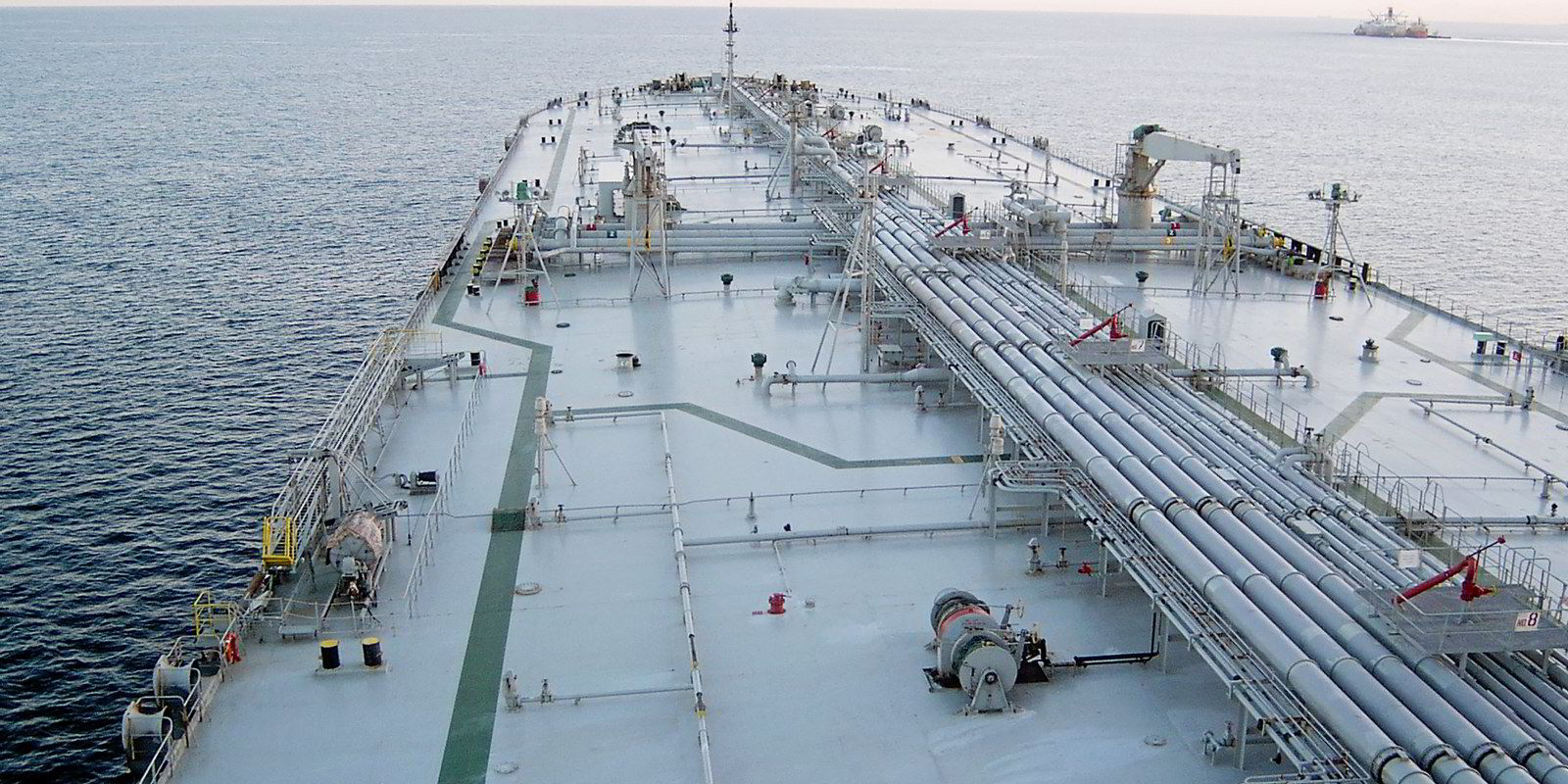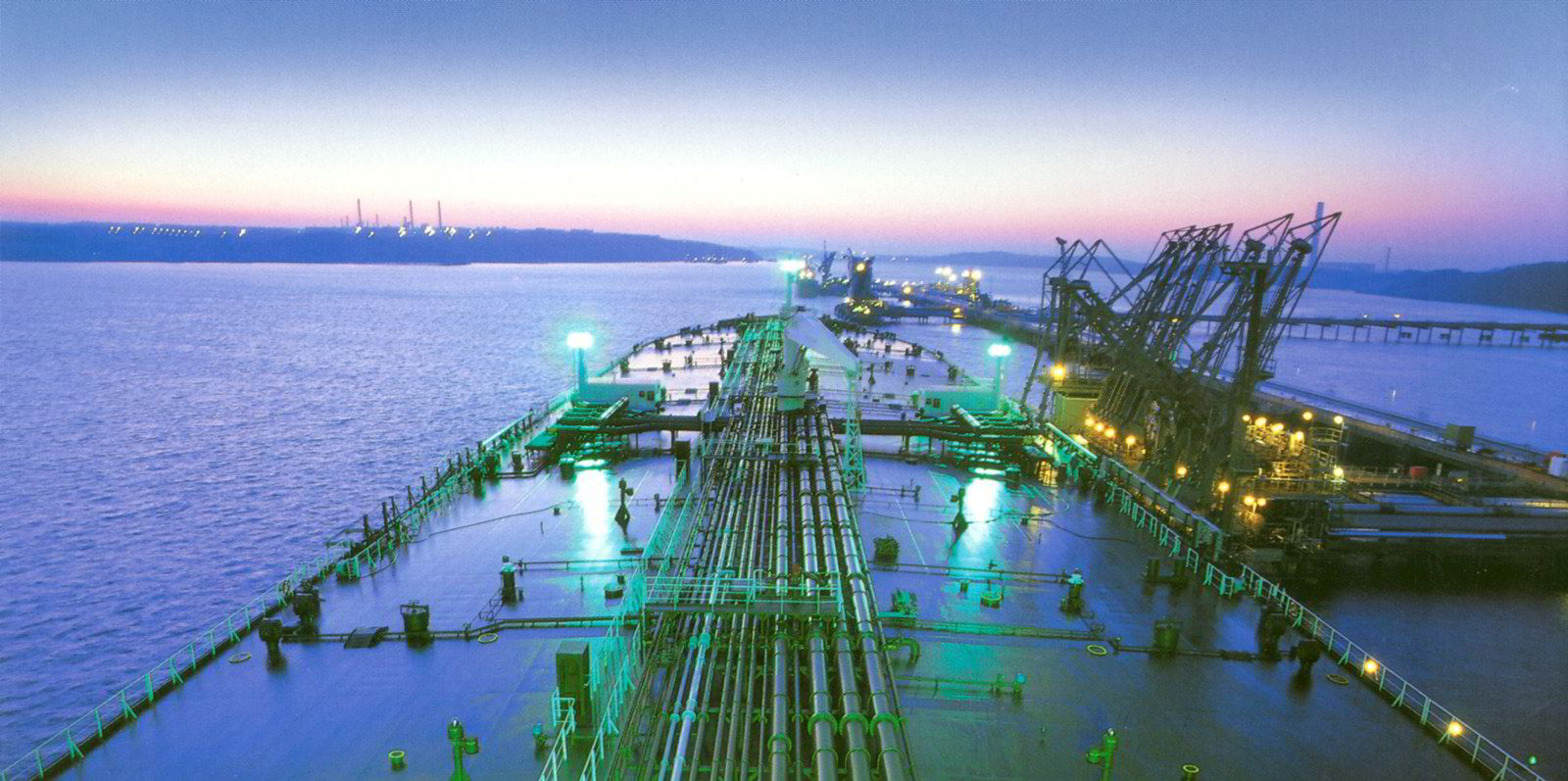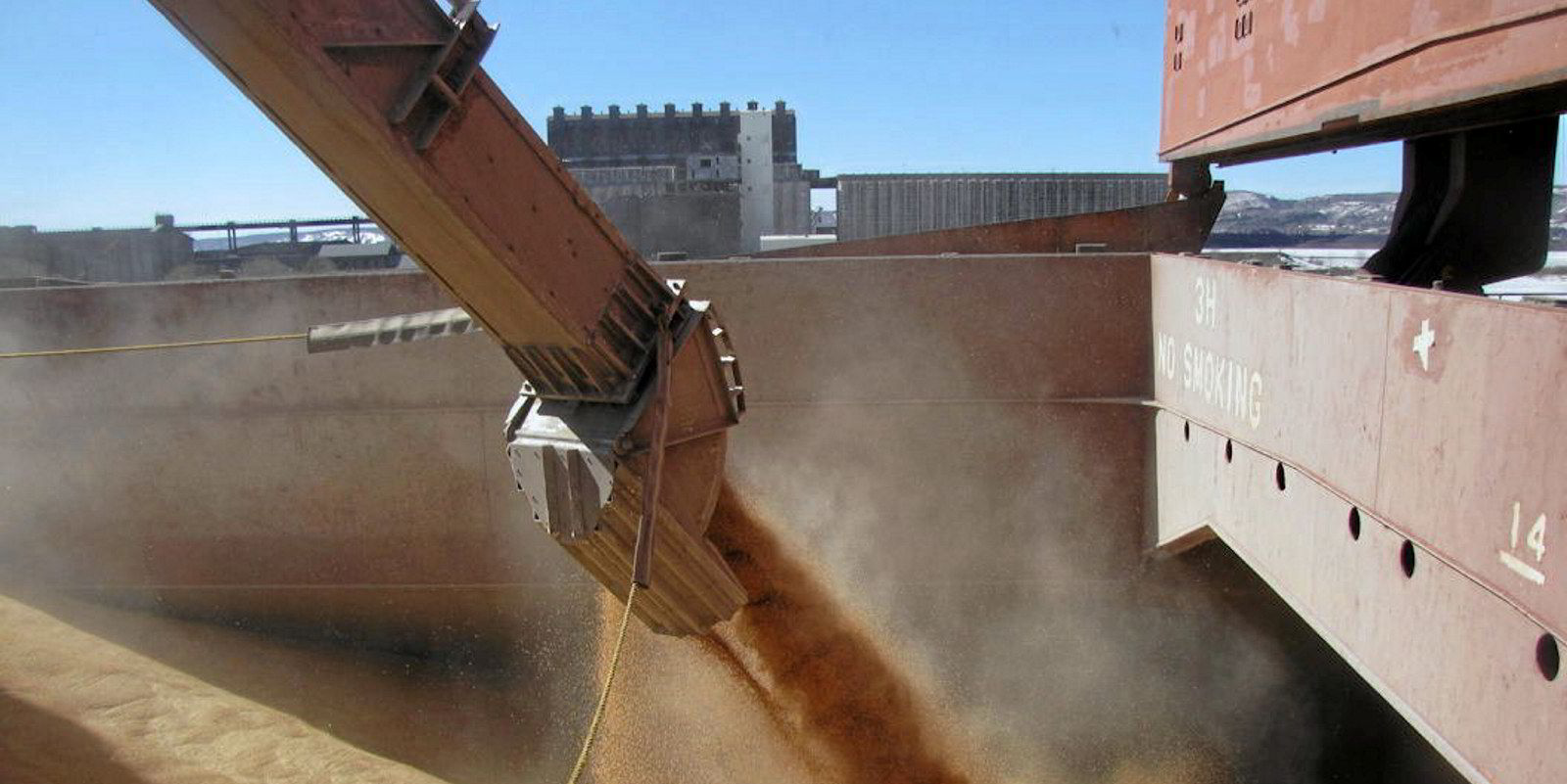It is not often the shipping industry washes its dirty linen in public but when the “omerta” of non-disclosure falls away you know there is something seriously wrong.
So regulators should take note when a key name in the tanker business says there is a phantom fleet of around 100 vessels operating globally beyond the law.
Frontline argues that 50 VLCCs and a similar number of suezmaxes over 20 years old are involved in sanctions busting with Iran and Venezuela.
They are able to do this, according to Frontline chief executive Lars Barstad, because no one is trying hard enough to stamp it out.
And this not only undermines those tanker owners who are playing by the rules but also risks an environmental disaster by using tonnage that probably should be scrapped.
It is not just the environment at a time of a declared climate and biodiversity crisis that is at risk but the seafarers working on this ghost fleet.
Frontline has been tracking these rogue vessels and claims that at least one is registered as a “pleasure craft” on the basis of its IMO “number”.
The problem has come to light at the John Fredriksen-owned business because some tankers are allegedly using the “Front” prefix — giving them the appearance at first sight that they are part of the Frontline fleet.
Barstad says a few fraudulent bills of lading, some ship-to-ship transfers and blending of crude cargoes and a few name changes of vessels and registrations, and who’s to know the origins of the oil?
There are enough unscrupulous buyers who are not interested in whether the (often cheaper) crude is legitimate or not.
Some dodgy shipowners may also be in this trade purposely but others may find users of their tonnage doing it behind their backs.
Maersk Tankers said last year that it was deploying new technology to screen vessel movements and ownership structures to ensure its vessels did not inadvertently get caught in bad practices.
On at least two occasions in late 2020 and early 2021, Maersk vessels nearly took on Iranian oil cargoes whose origins had been hid.
The Danish company only found out about the scam when it was contacted by US pressure group United Against Nuclear Iran, which tracks ships using satellites, but believes fraudulent trade is widespread.
Barstad argues that Frontline has repeatedly raised this issue of the ghost fleet with relevant flag states and shipowner organisation Intertanko.
The International Maritime Organization says its legal committee would consider any new information provided by Intertanko.
The same committee is scheduled to discuss the broader issue at its meeting in March, and the IMO assembly says there is already a protocol on fraudulent registrations to be followed by flag states.
But it all seems a bit complacent to Barstad.
“Do we need a major oil spill in order for action to be taken and governments to cooperate to end this practice?” he asked my colleague, Gary Dixon.
Hugo De Stoop, chief executive of rival tanker operator Euronav, is also frustrated: “The way they [ghost ships doing sanctions-busting work] circumvent the rules is quite astonishing. But I don’t think Euronav can do anything about it.”
This seems too often the way in the shipping world, everyone seems to be a bit too busy to really deal with an issue that never quite rises to the top of any agenda.
The multi-layered and disparate nature of the maritime world once again seems to militate against firm and decisive action.
In theory, it is all simple: every vessel must have a unique IMO number, which is like a vehicle registration plate that will stay with the ship from slipway to scrap yard.
But in practice — as Frontline knows — vessels are moving around without any IMO number and with a history of quick and continued changes of name and flag registration.
One thing that would help of course is the end to sanctions.
Unlike his predecessor, US President Joe Biden seems keen to find a way of securing a new nuclear agreement with Iran that would herald normal relations with the West and allow Tehran’s oil exports to flow legally.
But, in the meantime, it is a stain on maritime regulators that they cannot find the will or a way to police this unlawful and taboo trade properly.





